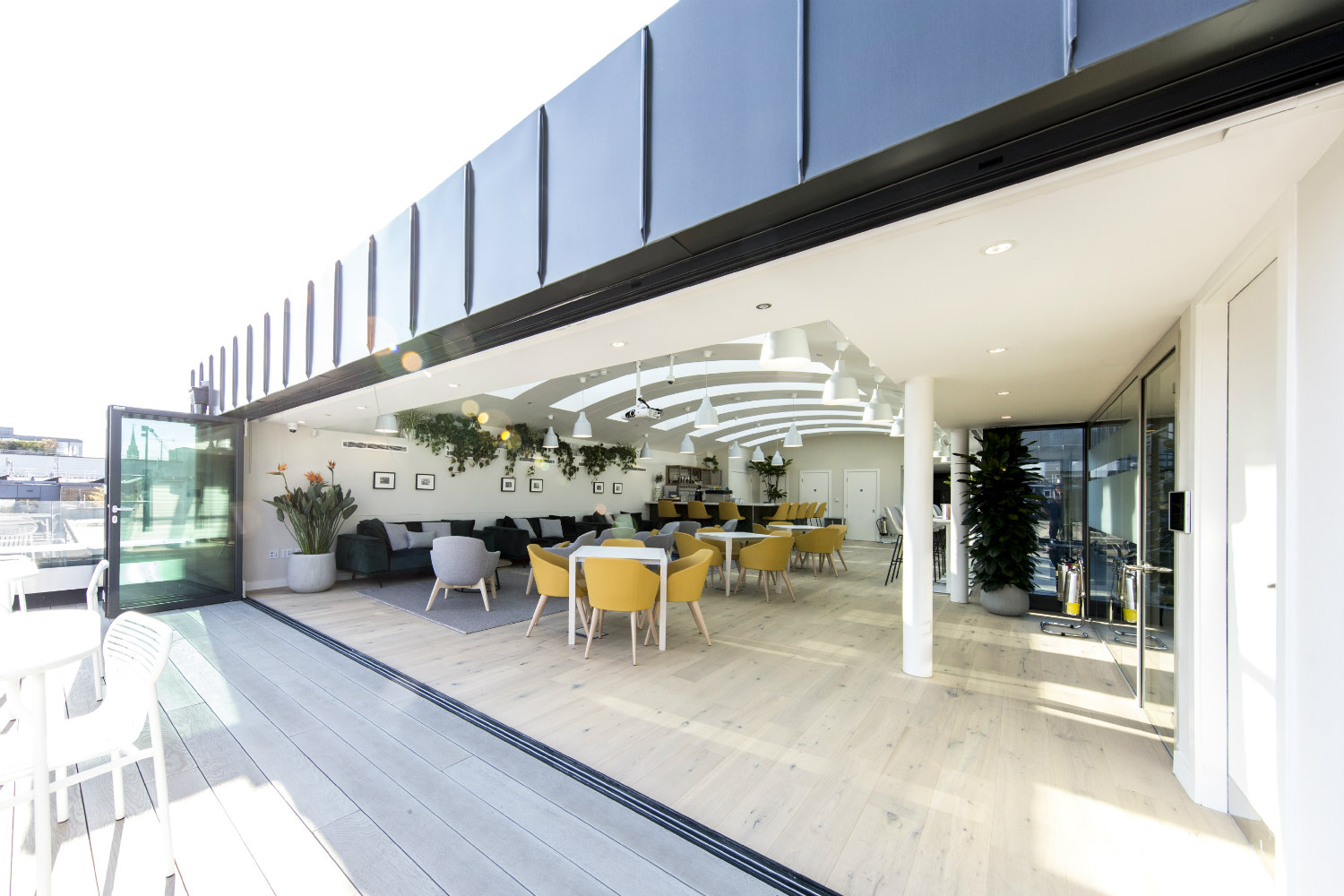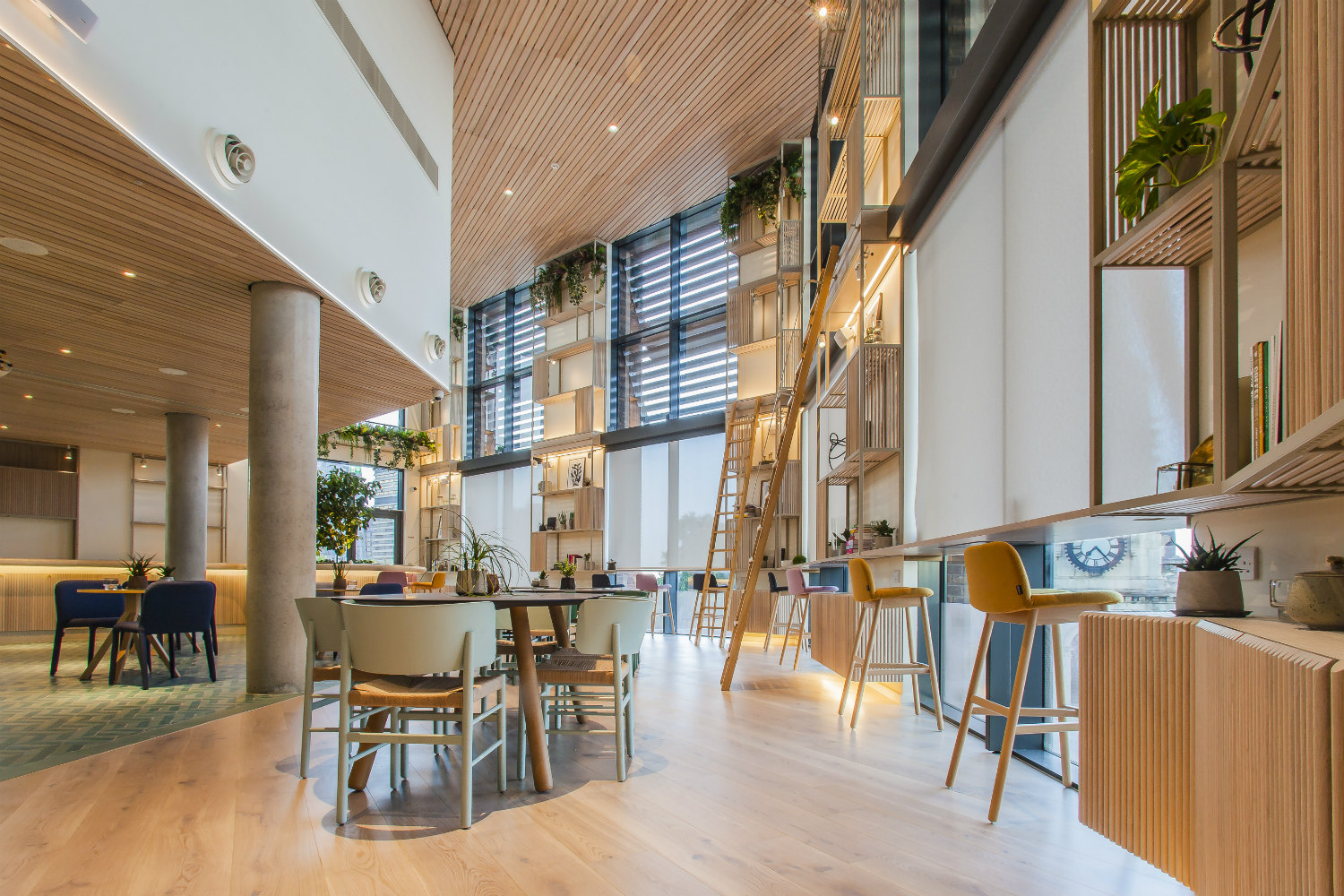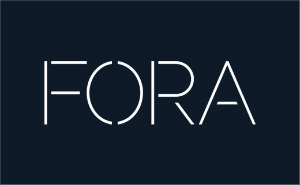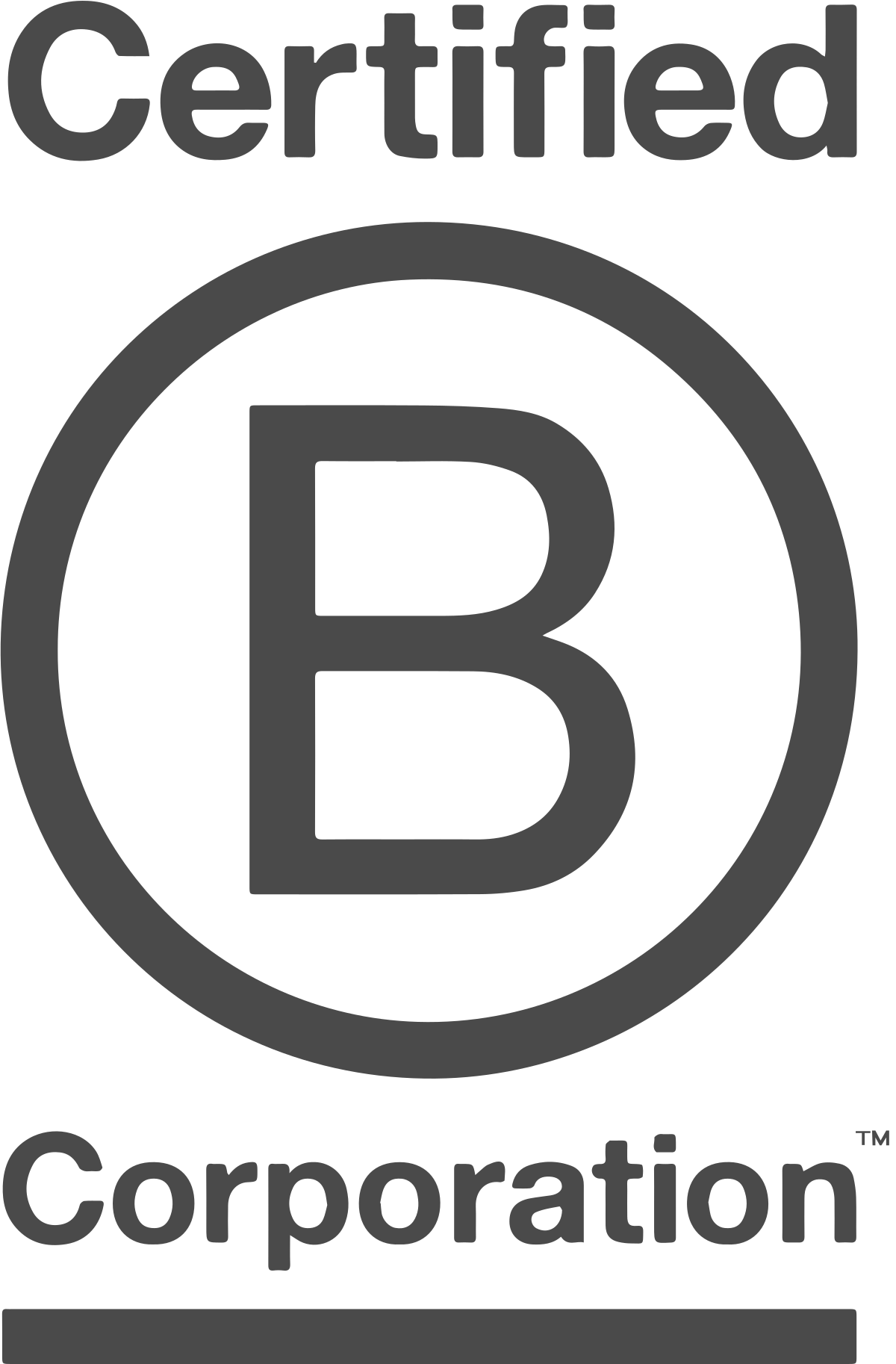OFFICE SEARCH
With its hotel and hospitality service-led approach, Fora is offering an alternative to what can already be coined the traditional co-working offering. Co-Founder and Head of Experience Katrina Larkin talks to us about the business’ proposition and how ‘pro-working’ is the new co-working.
In 2019, flexible workspaces are firmly on the commercial real estate map. The market has evolved to offer something for everyone; from the solopreneur’s escape from the coffee shop to the global corporate’s long-term regional base. But are the brands that are synonymous with this seemingly saturated market meeting everyone’s workspace needs? We spoke to Co-Founder and Head of Experience, Katrina Larkin to learn about more about what Fora has to offer its clients.
“Only Fora has the confidence and the understanding of what people working in London truly want.” Fora’s offering is based around a simple observation: the way people work in London is changing. Unbeatable service, outstanding design, state-of-the-art technology and an ever-expanding network of interesting people are the business’ four key pillars. These, it claims, are what enable ‘pro-working’ and make Fora the most productive working environment around.
Fora’s commercial spaces are built for their ‘residents’ – the term the business likes to use for its members. Each of its 11 buildings (10 in London and one in Reading) has a bespoke design, much like a top-end hotel, as Katrina explains:
“We are very fortunate to own our buildings. So, we can think about the very design of the building from the ground up. And we design each one as a major point of difference. I hope that when people walk around and they see Fora’s they look in and think, ‘Gosh, that can only be a Fora’.”
From the comprehensive concierge service, to ordering ‘room service’ via the Fora app, the hotel influence is plain to see. Much like in high-end hotels, each building has its own interior look and feel, with no two floors offering the same décor or furnishing. Individual preferences are prioritised, right down to ensuring residents’ preferred brand of coffee is available. But it’s not all about the bells and whistles. Above all, Fora offers an environment where you can get your head down and work without distraction. This is facilitated by the intricate design of communal workspaces, alongside ‘owned offices’, with the hotel service-like conveniences always at hand.
All of the above contributes to what Katrina refers to as the ‘sticky factor’. Despite residents having the flexibility of monthly rolling contracts, Fora is seeing high retention rates and therefore achieving its vision of being ‘the hotel that no one wants to leave’.
“Looking after people is not rocket science and it’s no wonder when we got into this market people hadn’t been doing it properly before.”
Fora’s offering also responds to the specific challenges faced by business owners and CEOs today. Recruiting top talent is not easy, and a modern, exciting work environment can often seal the deal for the right candidate.
For smaller companies, the Fora environment offers an opportunity for employees to form friendships and connections outside of their business. Residents’ drinks, morning breakfasts and running events offer lots of opportunities and provide added value beyond the desk and chair. It’s what Katrina describes as the ‘magic that Fora offers’.
Perhaps one of the greatest challenges related to small businesses and commercial space is handling growth. Fora’s flexibility offers the perfect solution for companies looking to scale whilst enjoying state-of-the-art conveniences and facilities that enable them.
This is exemplified by residents such as Cytora, an insurance software developer and one of the first companies to sign at Fora Central Street in 2016 with 23 staff. Now at a headcount of 80, Cytora has moved to Fora Dallington Street and is a shining example of a business that has thrived in Fora’s ‘pro-working’ environment.

Katrina was able to call on her impressive eventsbased experience, including re-launching Camden Lock Market and co-founding The Big Chill Festival, to help devise Fora’s market-disrupting proposition alongside Enrico Sanna, the company’s other co-founder and CEO:
“Enrico and I didn’t come from the office market at all, and I think that’s a real positive. So, we went around all the co-working and flexible working spaces, we went into hotels and our favourite restaurants, and we kept talking about it. We weren’t afraid to disrupt the industry because when we looked at it, we thought this is shouting to be disrupted.”
A year’s worth of this research across the globe enabled Katrina and Enrico to confidently devise the Fora concept. Their findings showed that people, community and quality of service should form the backbone of the offering. And, crucially, they determined that the market was ripe for disruption in the form of a hotel-inspired service proposition.
A few years on and Fora takes its premium hotel service offering so seriously that its concierge teams are trained in partnership with L’École Hôtelière de Lausanne.
Fora teams are extremely active within the resident community in each building. For them, Fora is a way of life. Experienced managers (or ‘Gems’) and housekeeping staff alike engage effortlessly with residents and help shape the culture of the working environment. It’s no wonder that Fora receives constant compliments on its hospitality.‘
Fora’s newly-coined ‘pro-working’ concept draws inspiration from co-working and the hotel industry. By providing flexible, well-designed spaces and facilities, Fora residents can work to maximum efficiency. The designs of Fora buildings respond to the different areas people want to be in throughout the day.
This differs from the typical desk bank and beanbag vibe in a typical co-working space. In Fora’s buildings, scope rooms, phone booths and other small areas allow residents to be on their own if desired. In contrast, communal areas, such as the bar, offer activity and interaction with others. Each meeting room has a different design to provide a unique atmosphere, from brainstorming spaces to ‘therapy rooms’ with couches.
Katrina has also observed great respect between the residents in this pro-working environment: “It’s almost like the people who work here are like, you came to Fora, I came to Fora, there’s a bond there. We’re forward-thinking people.”

With buildings located right across the city, Fora has an almost exclusive focus on London. But whilst some co-working space providers are driven mainly by location, Fora only buys properties that can accommodate its specific design, service and facilities requirements – its buildings must deliver on the company’s promises.
And this approach is proven to work. Residents are willing to stay in a location due to Fora’s unique workspace offering and a culture that management and staff alike don’t want to walk away from. Others are even willing to be outside of London at Fora’s building in Reading – continually attracted by its unique facilities and the belief (aided by the impending opening of Crossrail) that the world can come to you.
Fora’s locations and setup are a perfect match for a broad range of businesses. But they tend to particularly suit those with two to three years under their belts. These are the companies who are scaling and need to move away from the coffee shop.
This also influences who Fora sees as its competitors, as Katrina explains:
“I think a lot of the co-working organisations see their competitors as coffee shops. What we’re trying to go for is the traditional lease market because we are saying – and I truly believe it 100 per cent – why go and sign a five-to-ten-year lease?” International businesses are also looking to Fora to establish a London base. And Fora believes the community element will make international newcomers feel right at home, with help and support when they need it.
Into the near future, Fora’s London presence will continue to grow; buildings are opening in Spitalfields, Soho and Broadwick in February and March 2019. But what is the future of what many now see to be a saturated market? Katrina speculates that Fora might just be the model others begin to imitate:
“I think the market is responding to people understanding that there is another way to work… We will see more and more flexible workspaces because they’re responding to the marketplace and we may get people imitating what we do.”
With its unique people-centric and service-driven approach, Fora may well therefore be paving the way for the co-working spaces of the future.



Office HQ
Baird House,
15-17 St Cross Street,
London, EC1N 8UW
Contact
© 2024 Devono. All Rights Reserved / Data Protection License Number: ICO:00044152981
Regulated by RICS